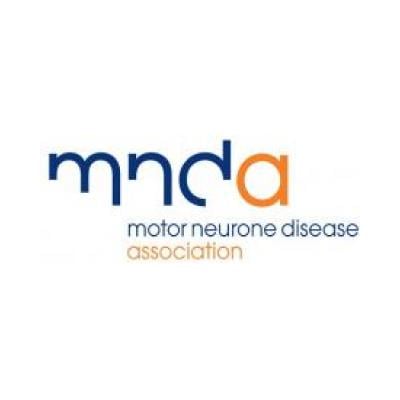Newsletter Editor - Northern Ireland
Motor Neurone Disease Association

What’s involved?
- Write & design a branch/group newsletter
- Compile the newsletter with contributions and support from volunteers, members and local partners
- Organise the distribution of the newsletter to all local members
- Contribute to the national volunteering newsletter
This role will suit me if I:
- Am creative and have good attention to detail
- Have good organisation and communications skills
- Have good computer skills
- Have good writing skills
What’s in it for me?
- Enhance your writing, communication and editing skills
- Become part of a friendly and dedicated team
- Make a positive impact to the lives of people affected by MND
- Get access to a range of learning opportunities
How flexible is the role?
The Newsletter editor will work for approximately 2 hours a week and attend on average 4 committee/planning meetings a year.
What sort of training/induction will I receive before starting?
You’ll be inducted into the role and informed about the Association. As part of this, you will receive e-learning, face-to-face training and mentoring. The training programme will also include experiential and reflective learning.
Closing Date
12:00pm
Contact Details
Louise Hughes
Area Support Co-ordinator Northern Ireland
Francis Crick House,
6 Summerhouse Road, Moulton Park,
Northampton
NN3 6BJ
United Kingdom
More Information
The MND Association was founded in 1979. Our mission is to improve care and support for people with MND, their families and carers. We also fund and promote research that leads to new understanding and treatments and brings us closer to a cure for MND. The Association also campaigns and raises awareness so the needs of people with MND, and everyone who cares for them, are recognised, and addressed by wider society
